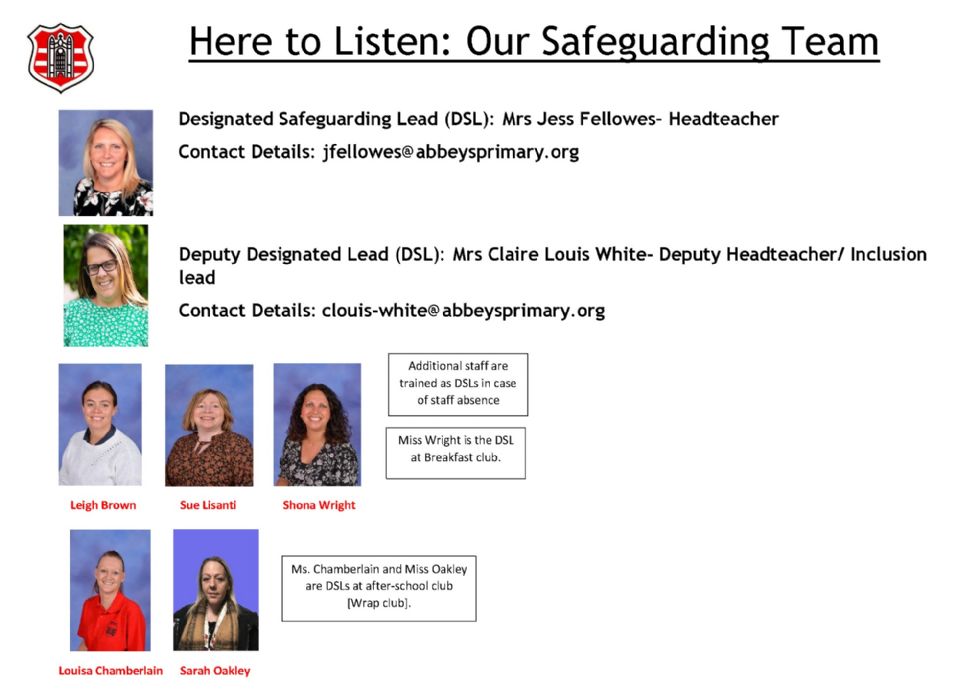Safeguarding
Safeguarding in schools is of paramount importance as it plays a crucial role in ensuring the well-being and safety of students. This comprehensive approach encompasses various measures and policies aimed at creating a secure environment where children can learn, grow, and thrive. The significance of safeguarding in schools can be highlighted through several key aspects:
Child Protection: Safeguarding in schools is primarily about protecting children from harm, abuse, and neglect. Schools are entrusted with the responsibility of providing a safe space for students, free from any form of exploitation or danger. This includes protection from physical, emotional, sexual, and online abuse.
Promoting a Positive Learning Environment: A safe and secure environment is essential for effective learning. When students feel safe, they are more likely to engage in their studies, express themselves, and develop positive relationships with peers and teachers. This, in turn, contributes to a conducive atmosphere for academic and personal growth.
Mental Health and Emotional Well-being: Safeguarding measures extend beyond physical safety to encompass the mental and emotional well-being of students. Schools must address issues related to bullying, discrimination, and other factors that can negatively impact a child's mental health. A supportive environment helps students build resilience and cope with challenges.
Preventing Bullying and Harassment: Safeguarding policies are crucial in preventing and addressing bullying and harassment. Schools must have clear anti-bullying measures in place to foster a culture of respect and tolerance. This not only ensures the safety of individual students but also contributes to a positive school climate.
Ensuring Equality and Inclusion: Safeguarding is closely tied to promoting equality and inclusion in schools. It involves creating an environment where every student, regardless of their background, feels valued and included. This includes addressing issues of discrimination, bias, and prejudice.
Legal and Ethical Obligations: Schools have legal and ethical obligations to safeguard the welfare of children. Adherence to safeguarding policies helps institutions comply with legal requirements and demonstrate a commitment to providing a secure learning environment. Failure to prioritise safeguarding can have serious consequences for both students and the school.
Parental Confidence: Parents and guardians entrust schools with the care and education of their children. Effective safeguarding practices build confidence amongst parents that their children are in a secure and nurturing environment. This trust is vital for maintaining a positive relationship between schools and the broader community.
Preventing Radicalisation and Extremism: Safeguarding efforts also extend to preventing radicalisation and extremism. Schools play a crucial role in promoting tolerance, understanding, and critical thinking to counteract the potential influence of extremist ideologies.
In conclusion, safeguarding in schools is not just a legal requirement; it is a moral and ethical imperative. Creating a safe and nurturing environment for students is fundamental to their overall development and well-being. By prioritising safeguarding measures, schools contribute to the holistic growth of each child and lay the foundation for a positive and inclusive society.

